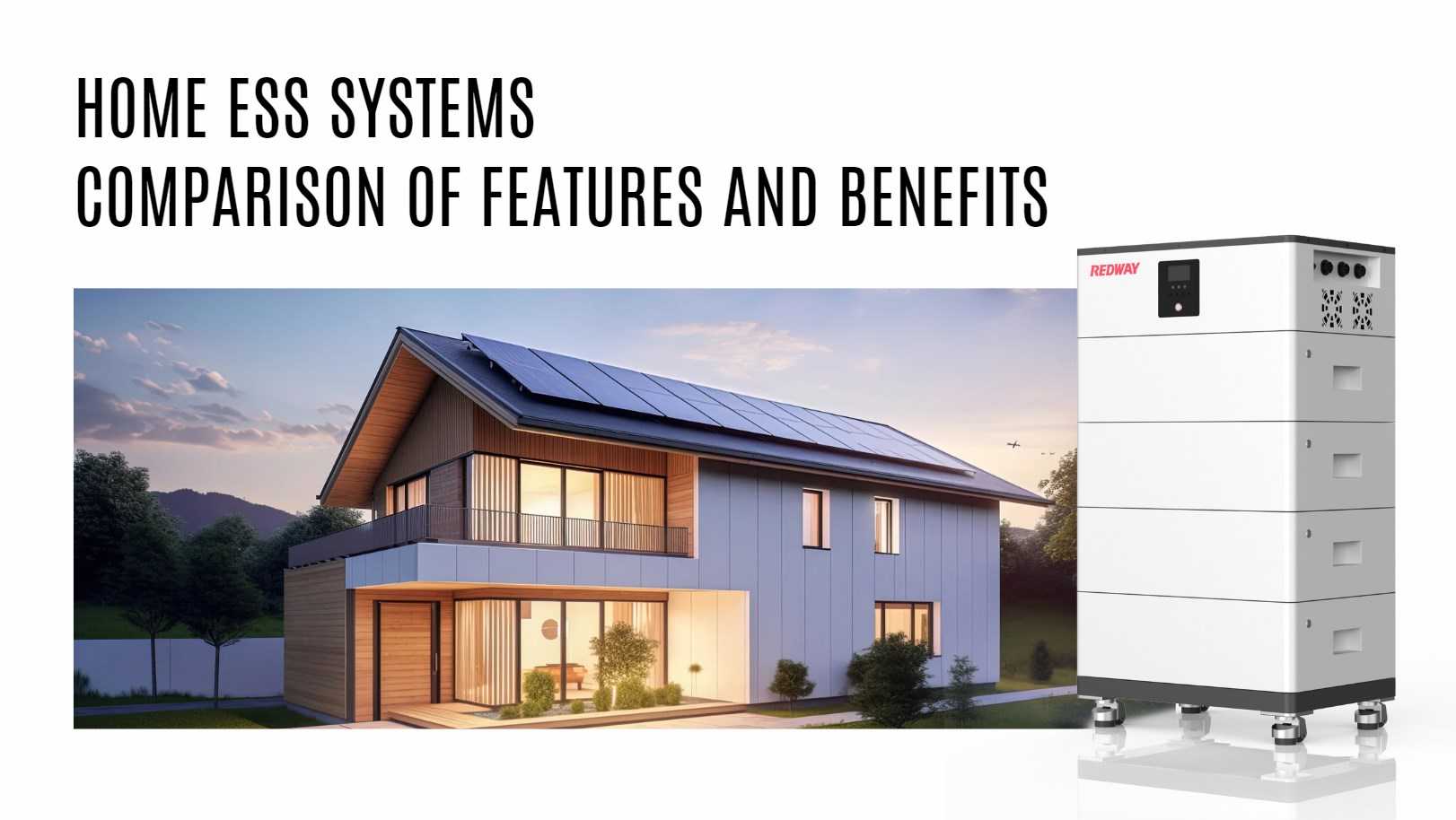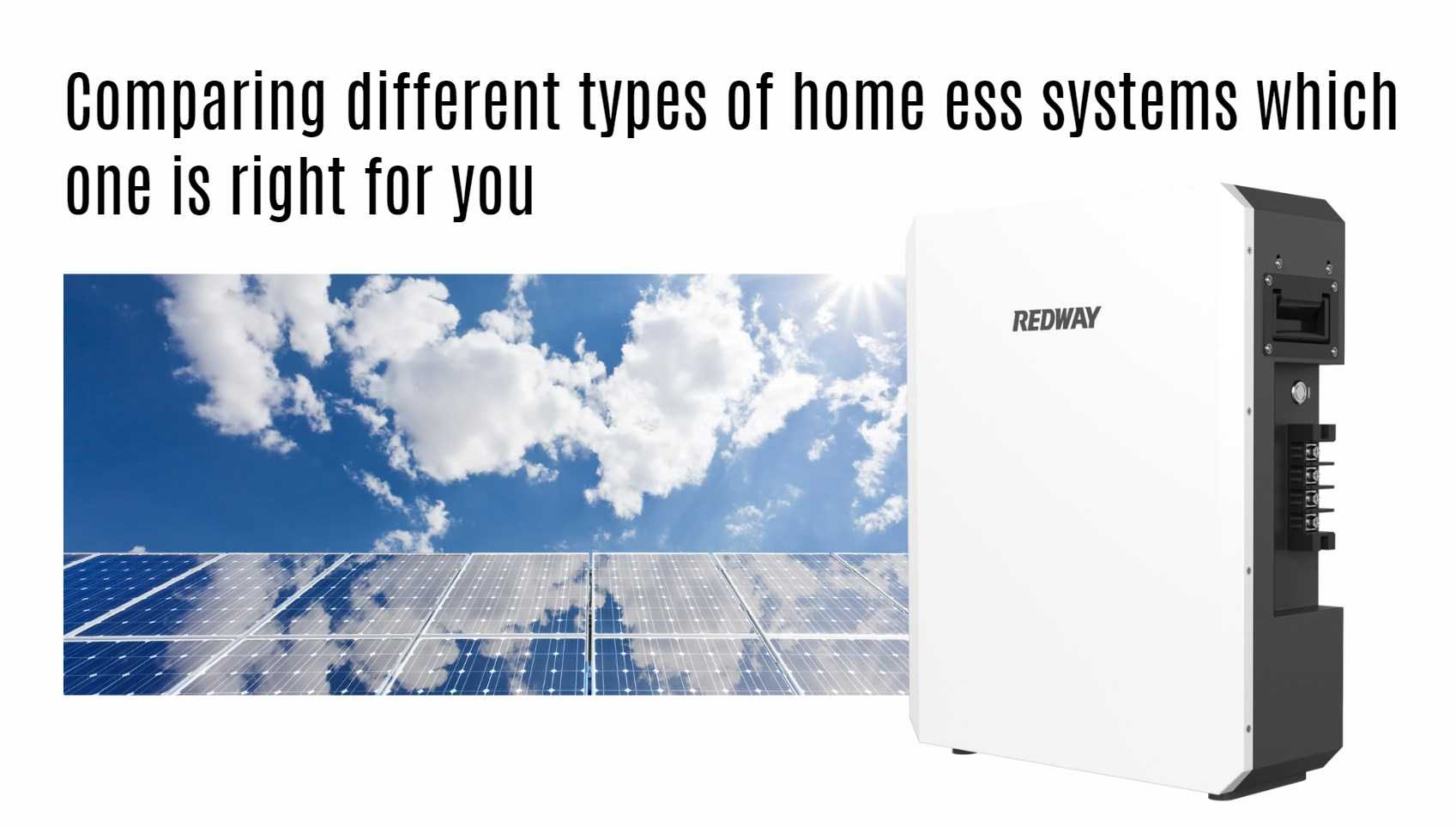Are you looking to ramp up the security of your humble abode? Ready to explore the world of home security systems but not sure where to start? Well, buckle up because we’re about to dive into the exciting realm of safeguarding your sanctuary. From traditional wired setups to cutting-edge smart home integration systems, there’s a plethora of options out there. So, grab a cup of coffee and let’s unravel the mystery behind different types of home security systems!
Types of Home Security Systems:
When it comes to securing your home, there are various types of home security systems to choose from. One option is the traditional wired system, which involves sensors and cameras connected through wires running throughout your home. While these systems can be reliable, they may require professional installation and could be susceptible to power outages.
Another popular choice is wireless systems, which use Wi-Fi or cellular connections to communicate with sensors and cameras. These systems offer easy installation and flexibility in adding or moving components without the need for drilling holes or running cables.
For those looking for advanced technology, smart home integration systems provide seamless control of security devices through a centralized hub. These systems allow you to monitor and manage your home’s security remotely using your smartphone or voice commands.
Each type of system has its own set of features and benefits, so it’s essential to consider your specific needs before making a decision on which one is right for you.
A. Traditional Wired Systems
Traditional wired home security systems have been a staple in the industry for many years. These systems use physical wires to connect sensors, cameras, and control panels throughout your home. One of the main advantages of traditional wired systems is their reliability – once installed, they tend to have fewer connectivity issues compared to wireless systems.
However, the installation process for wired systems can be more labor-intensive and may require professional help. This could result in higher upfront costs compared to other types of systems. Additionally, if you live in a larger home or one with multiple floors, wiring can be challenging and may limit where you can place sensors and cameras.
Despite these limitations, traditional wired systems are known for their stability and durability. They provide a sense of security knowing that your system is hardwired into your home’s infrastructure.
B. Wireless Systems
When it comes to home security systems, wireless systems are gaining popularity for their ease of installation and flexibility. Unlike traditional wired systems that require drilling holes and running cables through walls, wireless systems use sensors and cameras that communicate wirelessly with a control panel.
One of the key advantages of wireless systems is their DIY-friendly setup. You can easily install them yourself without the need for professional help. This not only saves you money on installation costs but also gives you the freedom to customize the system according to your specific needs.
Wireless systems offer seamless integration with smart home devices, allowing you to control your security system remotely using your smartphone or tablet. With features like mobile alerts and remote arming/disarming capabilities, you can stay connected to your home even when you’re away.
In addition, wireless systems are typically more affordable than traditional wired systems, making them a cost-effective option for homeowners looking to enhance their home security without breaking the bank.
C. Smart Home Integration Systems
Smart Home Integration Systems offer a seamless way to connect your home security system with other smart devices in your household. Imagine being able to control your security cameras, door locks, and alarms all from one centralized app on your phone. With Smart Home Integration Systems, you can achieve just that.
These systems allow for increased customization and automation of your home security setup. You can set schedules for when certain devices should activate or deactivate, receive real-time alerts on any unusual activity detected by sensors, and even integrate voice commands through virtual assistants like Alexa or Google Home.
By integrating various smart devices into your home security system, you create a more comprehensive and interconnected network that enhances the overall safety and convenience of your living space. Whether you’re at work or on vacation, having the ability to monitor and control your home remotely provides peace of mind knowing that you have full access to its protection at all times.
Comparison of Features and Benefits:
When comparing different types of home security systems, it’s essential to consider the features and benefits each one offers.
Cost is a key factor in choosing a system that fits your budget. Traditional wired systems may be more expensive upfront due to installation costs, while wireless systems are typically more affordable.
The installation process varies between systems as well. Wired systems require professional installation, which can be time-consuming and disruptive. On the other hand, wireless systems are easy to install yourself without the need for drilling holes or running cables.
Monitoring services play a crucial role in keeping your home secure. Some companies offer 24/7 monitoring with immediate response to emergencies, providing peace of mind.
Remote access and control allow you to monitor your home from anywhere using your smartphone or computer. Smart home integration systems offer advanced features like controlling lights, locks, and thermostats remotely for added convenience.
Consider these factors when choosing a home security system that best suits your needs and preferences.

A. Cost
When it comes to choosing a home security system, one of the key factors to consider is the cost. Traditional wired systems typically involve higher upfront costs due to the need for professional installation and wiring. On the other hand, wireless systems are often more affordable as they can be easily installed by homeowners themselves.
Smart home integration systems may come with a higher price tag initially, but they offer advanced features that can enhance overall security and convenience. It’s important to weigh the cost against the benefits each type of system offers.
Consider your budget carefully and compare different options available in the market. Remember that investing in a reliable home security system is an investment in your safety and peace of mind.
B. Installation Process
When it comes to the installation process of home security systems, the type you choose can greatly impact your experience.
Traditional wired systems require drilling holes and running wires through walls, which can be time-consuming and may require professional help. On the other hand, wireless systems are typically easier to install since they don’t involve extensive wiring.
Smart home integration systems often come with user-friendly instructions for DIY installation. You can easily set up sensors, cameras, and control panels without needing specialized tools or skills.
Consider your comfort level with technology and whether you prefer a hands-on approach or professional assistance when deciding on a system that suits your needs best.
C. Monitoring Services
When it comes to monitoring services for home security systems, there are various options available. Some systems offer professional monitoring where a team keeps an eye on your property 24/7 and alerts authorities in case of emergencies. This can provide peace of mind knowing that trained professionals are watching over your home.
On the other hand, some systems allow self-monitoring where you receive notifications directly on your phone when something triggers the alarm. This gives you more control over how you respond to potential threats but requires you to be vigilant at all times.
Additionally, some companies offer a combination of both professional monitoring and DIY monitoring options, allowing you to choose the level of service that best fits your needs and budget. It’s essential to consider what type of monitoring service aligns with your lifestyle and preferences before making a decision on which home security system is right for you.
D. Remote Access and Control
When it comes to home security systems, remote access and control are becoming increasingly important features. With the advancement of technology, homeowners now have the ability to monitor their homes from anywhere in the world using their smartphones or tablets.
Having remote access allows you to arm or disarm your system, receive real-time alerts, view live video footage, and even adjust settings on-the-go. This level of control gives peace of mind knowing that you can check in on your home at any time, whether you’re at work, traveling, or simply out running errands.
Moreover, remote access also enables you to grant temporary access codes for visitors or service providers while keeping track of who enters and exits your home. Being able to remotely manage your security system adds convenience and flexibility to how you protect your property and loved ones.
In today’s fast-paced world, having the ability to control your home security system remotely is a game-changer in ensuring round-the-clock protection for your household.
Factors to Consider when Choosing a Home Security System:
When it comes to choosing a home security system, there are several factors that you should consider to ensure the safety of your property and loved ones. Think about your budget – how much are you willing to invest in a system that suits your needs? Next, consider the location and size of your home; larger homes may require more sensors and cameras for comprehensive coverage.
Personal preferences also play a significant role – do you prefer a traditional wired system or the convenience of wireless technology? Additionally, evaluate if smart home integration is essential for seamless control and automation. Remember to assess installation processes – some systems may require professional setup while others offer DIY options.
Selecting the right home security system involves careful consideration of these factors to tailor a solution that meets your specific requirements.
A. Budget
When it comes to choosing a home security system, budget plays a crucial role in the decision-making process. Setting a clear budget from the outset can help narrow down your options and focus on systems that align with your financial constraints.
Traditional wired systems may require upfront costs for installation and equipment, while wireless systems offer flexibility and affordability. Smart home integration systems often come with higher price tags due to advanced technology features.
Consider not only the initial expenses but also any ongoing monthly fees for monitoring services or additional features. It’s essential to strike a balance between cost and quality when selecting a home security system that meets both your needs and wallet size.
B. Location and Size of Home
When considering the location and size of your home in relation to choosing a home security system, there are key factors to keep in mind. The layout and size of your property will impact the type of system that would best suit your needs.
For larger homes or properties with multiple entry points, a comprehensive system with several sensors and cameras may be necessary to ensure full coverage. On the other hand, smaller homes or apartments might require a more streamlined approach without compromising on security.
The location of your home also plays a role in determining the level of security needed. Homes located in high-crime areas may benefit from advanced monitoring services and features like motion detectors, while those in safer neighborhoods could opt for simpler systems.
Consider these aspects when deciding on a home security system tailored to fit your specific location and property size.
C. Personal Preferences and
When it comes to choosing the right home security system for you, personal preferences play a significant role. Consider factors such as your lifestyle, privacy concerns, and desired level of automation. Are you tech-savvy and want full control at your fingertips? Or perhaps you prefer a more hands-off approach with professional monitoring services.
The best home security system is one that aligns with your specific needs and provides peace of mind. Take the time to research and compare different options before making a decision. Remember, investing in a reliable home security system is an investment in protecting what matters most – your loved ones and property.




